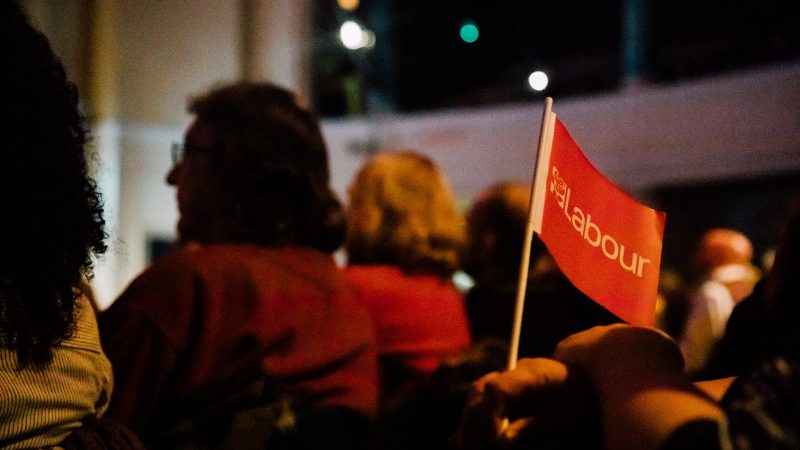
Something brilliant happened in Glasgow yesterday. Protesters in Pollokshields, hundreds of local residents, surrounded an immigration enforcement van and prevented it from leaving with two of their neighbours. According to ITV News, both men are Indian nationals who have lived in Scotland for ten years but do not have leave to remain. The direct action was successful: the men detained were released. Anas Sarwar and Nicola Sturgeon, both from the same area of Glasgow, Southside, criticised the Home Office, highlighting that the raid was during Eid and amid a Covid outbreak. Keir Starmer retweeted Sarwar who said he was “disgusted” by it.
Celebration across the labour movement was interrupted by fury from all quarters when Unite’s Howard Beckett, a member of Labour’s ruling body and a candidate to be the next general secretary of the union, tweeted that Priti Patel should be “deported” rather than refugees. After initially defending the comment about the Home Secretary, he soon afterwards deleted the tweet, apologised for it and added it was “never intended to be literal”. But a Labour spokesperson said: “The Labour Party takes these allegations extremely seriously and appropriate action will be taken.” Later, it was confirmed that Beckett had been suspended from the Labour Party.
The original tweet overshadowed the good work done in Glasgow that day, and now it is being followed up with a factional row, because that is how the party always works. Those on the left who had condemned the Patel tweet point out that others in the party, who have never apologised for their racist remarks or conduct, face no consequences. It is true to say Labour’s approach to all kinds of disciplinary action is utterly inconsistent. You only have to look at the case of Mike Hill (who had the Labour whip until he quit as an MP in March) and what is being heard at an employment tribunal right now to see proof of that. But making this point should not be reserved for factionally convenient times either, and it is odd to conclude the process should be levelled down rather than up.
Suspended members cannot attend NEC meetings. We saw this with local party rep Peter Willsman, who was suspended in May 2019. Because his case was not resolved, he effectively left a vacancy that could not be filled until the November 2020 NEC elections. Will Beckett’s case be kicked into the long grass in the same way? We don’t yet know. What we do know is that there likely won’t be a similarly long vacancy period because the deadline for unions to nominate their representatives on the NEC is June 11th. It is expected that Beckett will therefore be replaced by Unite with another representative.
The change would remove one of the strongest critics of the leadership from the NEC, though others highlight that it could make alliances between the left and soft left easier on the ruling body, particularly after the Angela Rayner mess last weekend that some NEC members say threatened Starmer’s majority. Discussions around the implications of these events and how they will be handled by the party will dominate internal debates for a while. If only we were all talking instead about the example set in Glasgow and the lessons that can be learnt from it.
Sign up to LabourList’s morning email for everything Labour, every weekday morning.



More from LabourList
Almost half of Labour members oppose plans to restrict jury trials, poll finds
‘How Labour can finally fix Britain’s 5G problem’
‘The University of the Air – celebrating 60 years of Harold Wilson and Jennie Lee’s vision’